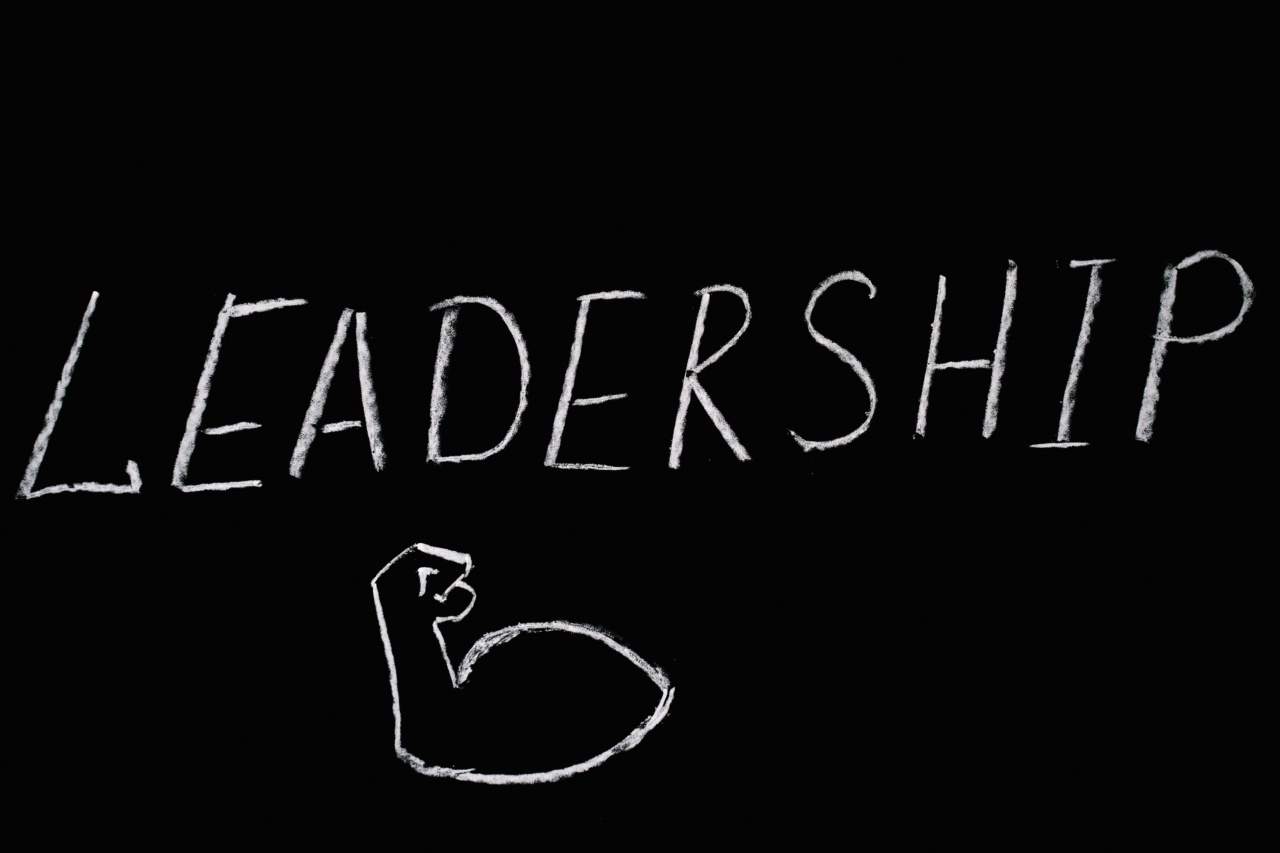Words possess incredible power. They have the ability to inspire, motivate, and uplift others, as well as to demoralize, discourage, and hurt them. The way we choose and use our words can significantly impact the lives of those around us.
Whether it’s in personal relationships, professional settings, or any other aspect of life, selecting the right words is crucial to effectively influence others.
Understanding the Impact of Words
Words hold immense potential. They can sway opinions, change attitudes, and shape perceptions. When we communicate with others, our choice of words determines how our message is received and interpreted.
By thoughtfully selecting our words, we can inspire action, evoke emotions, and create meaningful connections.
Consider a motivational speaker who uses uplifting and empowering words to encourage their audience. The speaker’s carefully chosen words can inspire individuals to believe in themselves and take positive steps towards achieving their goals.
On the other hand, negative, belittling words can dishearten and deter people from realizing their potential.
Using Words to Influence Positively
To influence others positively, it’s essential to choose words that inspire confidence, promote growth, and foster empathy. Here are some effective strategies to consider:.
1. Use Empowering Language
Empowering language instills confidence and motivates others.
Encourage individuals by using phrases like “You can,” “You have the potential,” and “I believe in you.” Such words can make people feel valued and capable, fueling their desire to succeed.
2. Practice Active Listening
Influence begins with understanding. Actively listening to others allows us to grasp their perspectives, needs, and desires.
By using empathetic words and demonstrating genuine interest, we show respect and create an environment where others feel heard and valued.
3. Provide Constructive Feedback
When offering feedback, choose words that focus on growth and improvement rather than criticism.
Use phrases like “Here’s how you can enhance,” “Consider trying,” or “You’re doing great, and this is how you can take it to the next level.” Constructive feedback acknowledges progress while suggesting areas for development.
4. Express Gratitude and Positivity
Simple words of gratitude and positivity can have a profound impact on others. Express appreciation for someone’s efforts, acknowledge their achievements, and give them deserving recognition.
Positivity fosters a supportive environment and encourages others to excel.
5. Inspire with Stories
Stories captivate and connect people on an emotional level. Sharing impactful stories allows us to influence others by conveying our message in a relatable and memorable way. Choose words that paint vivid pictures, evoke emotions, and inspire action.
6. Tailor Your Words to the Audience
Adapting our language to suit the audience enhances our influence. Whether speaking to a friend, colleague, or a broader audience, it’s crucial to consider their needs, values, and preferences.
Tailor your words to resonate with their experiences and perspectives for a more impactful message.
7. Practice Empathy and Compassion
Empathy and compassion shape the way we choose our words. By putting ourselves in others’ shoes, we gain a deeper understanding of their emotions and struggles.
Thoughtfully consider how your words might affect someone, and choose language that inspires empathy, support, and healing.
The Consequences of Negative Words
While choosing the right words can have a positive influence, the wrong ones can have detrimental consequences. Negative words can cause emotional harm, create resentment, and damage relationships.
Hurtful words have a lasting impact and may be remembered long after the situation that prompted them.
Consider a scenario where a manager constantly criticizes and belittles their employees’ efforts. The negative words used can damage their self-esteem and motivation, leading to reduced productivity and decreased job satisfaction.
Conversely, a supportive manager who uses encouraging words can cultivate a thriving and motivated team.
The Power of Apologies and Forgiveness
Even when we strive to choose the right words, we may sometimes make mistakes. In such instances, it’s crucial to acknowledge our errors and take responsibility for the words we’ve used.
Recognizing the impact of hurtful words and offering a sincere apology can help repair relationships and promote healing.
Similarly, practicing forgiveness allows us to let go of resentment and rebuild trust. Forgiving someone who has used hurtful words shows strength and a commitment to positive interactions.
The Role of Non-Verbal Communication
While words are essential, non-verbal communication also plays a significant role in influencing others. Our tone, facial expressions, gestures, and body language can reinforce or contradict the words we use.
It’s important to align our non-verbal cues with the message we intend to convey for effective influence.
For example, saying “I’m sorry” with a genuine tone and a compassionate expression carries more weight than a dismissive or insincere apology.
Consistency between our words and non-verbal cues ensures a coherent message that resonates with others.
The Responsibility of Influencing
With the power to influence comes great responsibility. It’s essential to use our influence ethically and responsibly.
Being aware of the impact our words can have allows us to choose them more thoughtfully, ensuring that our influence brings about positive change rather than harm.
Influence should be used to uplift, empower, and create opportunities for growth. We must recognize the potential consequences of our words and strive for positive impacts in all our interactions.
The Journey of Improvement
Choosing the right words to influence others is an ongoing journey of self-improvement. It requires constant introspection, empathy, and a willingness to adapt.
As we become more aware of the power of our words, we can shape our communication to have a meaningful, positive impact on the lives of others.
Conclusion
Words possess immense power, and choosing the right ones allows us to influence others positively. By using empowering language, active listening, constructive feedback, and expressions of gratitude, we can inspire and motivate those around us.
Conversely, negative words can cause lasting harm, so it’s essential to choose our words wisely. Remember that influencing others comes with a responsibility to act ethically and use our words for good. Let us embark on a journey of improvement, harnessing the power of our words to create a positive impact on the world around us.































